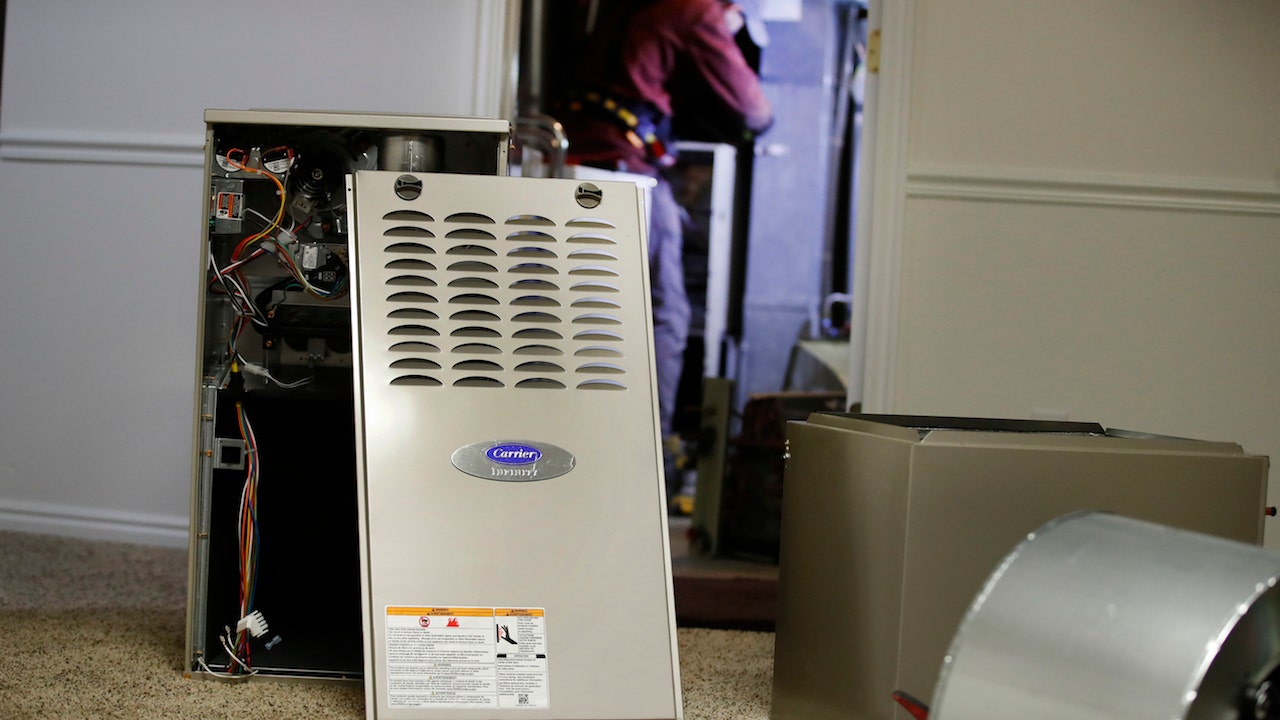I went through the motions in a daze: Thank the judges. Hold the trophy. Smile for photos. Collect the prize money. Act like everything is fine when it clearly is not.I was standing on the second-place podium, but if this had been a fair competition—if I had been competing only against other women—I would have been standing on the highest platform and receiving the first-place check that went with it.As it was, a man in makeup took home the first-place trophy and prize money that day in 2021 at the women’s Red Bull Cornerstone skateboarding contest finals in Lincoln, Nebraska. Between the qualifiers and the finals, he received $5,000 in prize money that was meant for women.
It felt so wrong because it was so wrong. I had been in two women’s contests prior to this where men competed, and I had even been bumped from first place to second by a man once before. This time wasn’t just about coming in second behind a man who took first in the women’s division, nor was it only about not being able to return to my hometown as the winner of this Red Bull event…something no other woman was doing in Kalamazoo, Michigan. It also meant I lost a financial opportunity.Losing prize money and the recognition for first place that I would have received if this had been a fair competition seemed small in comparison to everything female athletes are being robbed of in their sports. What about the women who lose world records? What about the high school teenagers training diligently to earn an athletic scholarship or a spot on the team who have male athletes deprive them of these opportunities? What about the girls and women forced to share a locker room with mentally ill and predatory men? What about the mental health consequences female athletes face from dealing with this abuse?The stakes are high for female athletes, and we’re losing—not because we aren’t good enough, but because sports programs, governing bodies, and government officials are rejecting the biological reality that men and women are physically different and choosing to believe a lie.After the Red Bull event, I e-mailed the event organizers to explain what happened and share my concern that the competition wasn’t handled properly and wasn’t fair. I simply wanted to talk with them and help ensure that what happened to me wouldn’t happen to another female skateboarder. They never responded.Well, I won’t be bullied into silence. Female athletes are sick of acting like we have to just go along with this lie. We should never get comfortable accepting that we’ll have to compete against male athletes who are generally bigger, faster, and stronger than us. I joined many other women standing up for fairness in our sports. Athletes like Selina Soule, Madison Kenyon, Riley Gaines, and dozens and dozens of others who are speaking out every day. It’s time we are properly recognized and rewarded for the years of hard work we’ve spent training to excel in our sports.
CLICK HERE FOR MORE FOX NEWS OPINION
I grew up with a single dad who put me in every sports program as a kid to see what would stick. I particularly liked softball and basketball, but once I started snowboarding as a teenager, I knew board sports were my true passion. So when I needed a summer board sport, I fell into skateboarding at 16. How much harder could balancing on that board be?Turns out, quite a bit harder. I started practicing the basics—like ollies and shuvits—in our basement. I frequented the Kalamazoo Skate Zoo, where I grew my confidence on my board. I never expected to get very good at it, but after a few years, I was asked to help with skateboarding camps for kids, and eventually I started traveling to compete in contests.
For the first time, I thought maybe I could make a little money doing the sport I love.Skateboarding taught me a valuable life lesson: how to get over the fear of taking a risk both on and off my board.
Anticipating the worst outcomes can hold you back from experiencing the best ones. Sure, I’ve had my fair share of sprains, bruises, and stitches, but the pain pales in comparison to the feeling of riding away from landing a new trick. Similarly, online bullying and threats from so-called “trans rights activists” can’t compare to the level of support I’ve received or the gratification of doing the right thing.
Female athletes do not deserve the burden of men competing in women’s sports because they claim to identify as women—a burden like the one I bore three different times in skateboard competitions with three different men.The only way we’re going to protect future athletic opportunities for women is to demand we return to a place of fair competition and basic common sense. Sadly, we’ve reached the point where telling the truth is considered brave. And that is such a low mark for society. Instead, we must speak and act on what’s right and true and expect others to do the same, including those in authority who shape law and policy.
Taylor Silverman is a competitive skateborder. She lives in West Virginia and creates content for the skateboarding platform Boonies HQ.




